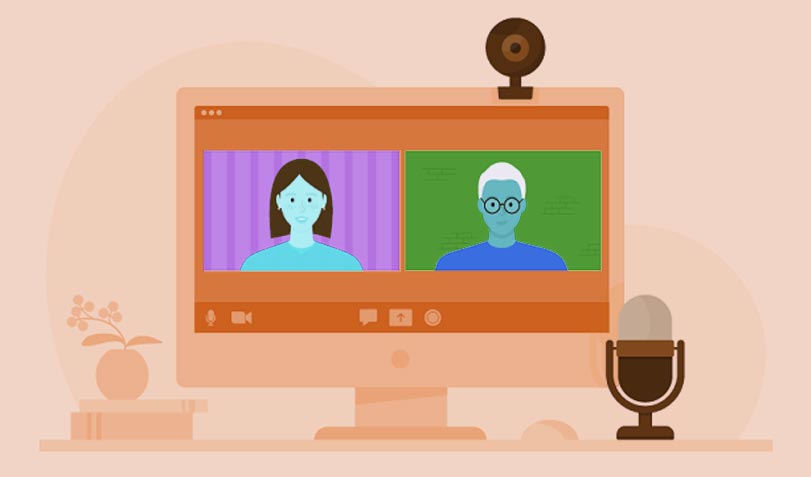Before COVID-19
and the pandemic, audio podcasts and NPR (National Public Radio) have been
holding online/on-air conversations around topics of interest to their audience
for years. Their participants are loyal and even pay to subscribe to listen to
them and engage in conversation.
So, it begs the
question if video is really needed to have an effective virtual conversation?
Clubhouse
is the new invite-only, audio-only app that Silicon Valley says is all the rage
to how we engage in virtual conversation in the future. Millions have
downloaded it already, including celebrities, musicians and tech CEOs like
Oprah Winfrey, Drake, Elon Musk, Mark Zuckerberg and even the White House chief
of staff.
Why
is Clubhouse and other similar app gaining popularity? A professor from New
Jersey Institute of Technology explains people are so exhausted with Zoom. Even Eric Yuan himself, the founder of the video
conferencing tool, admitted to experiencing Zoom fatigue at Wall
Street Journal's CEO Council Summit. When
you have a camera, there's a lot of effort that goes into self-presentation.
But when you only have audio, you eliminate everything except for your voice. Therefore,
people can focus more on the quality of the content and story-telling, than
worrying about their make-up and how they look in front of the camera (and in
some cases what is happing in their background). So, it provides a lot more
opportunity for imagination. NPR has learned this 50 years ago.
Some
may debate that unfiltered, hours-long chats can be mind-numbingly dull or feel
like a rambling TED talk. However, a
leadership coach that uses Club House to host her “Office Hours” says it has
been very effective for her. She uses a virtual room to just workshop through
decisions in life and business with a focus on leadership and people. The
moderator can set the “rules of engagement” to ensure a better experience to
the participants she further explains.
There will always
be certain circumstances and situations where video plays an important role in
facilitating the meeting. Some examples are getting to know each other for a new
team of people that plan to collaborate on a project or goal, celebrate an
achievement by having a virtual happy hour, etc. But in other cases, when the content being
conveyed is the main focus or when you have a lot of people in attendance, is
video really important? Some people say
video is a way to see if people are listening to you and paying attention. If
this is the main reason for video, then you should ask yourself how can you
improve your content delivery to ensure better engagement from the
participants.
As an Agile
coach, I have consulted with clients who had a strong emphasis on video and
other clients that were not bothered by it, as long as the content being
conveyed was high quality and productive. I would say the latter produced
better results for the organization from my experience. Would love to hear
other feedback and perspective from the community.





